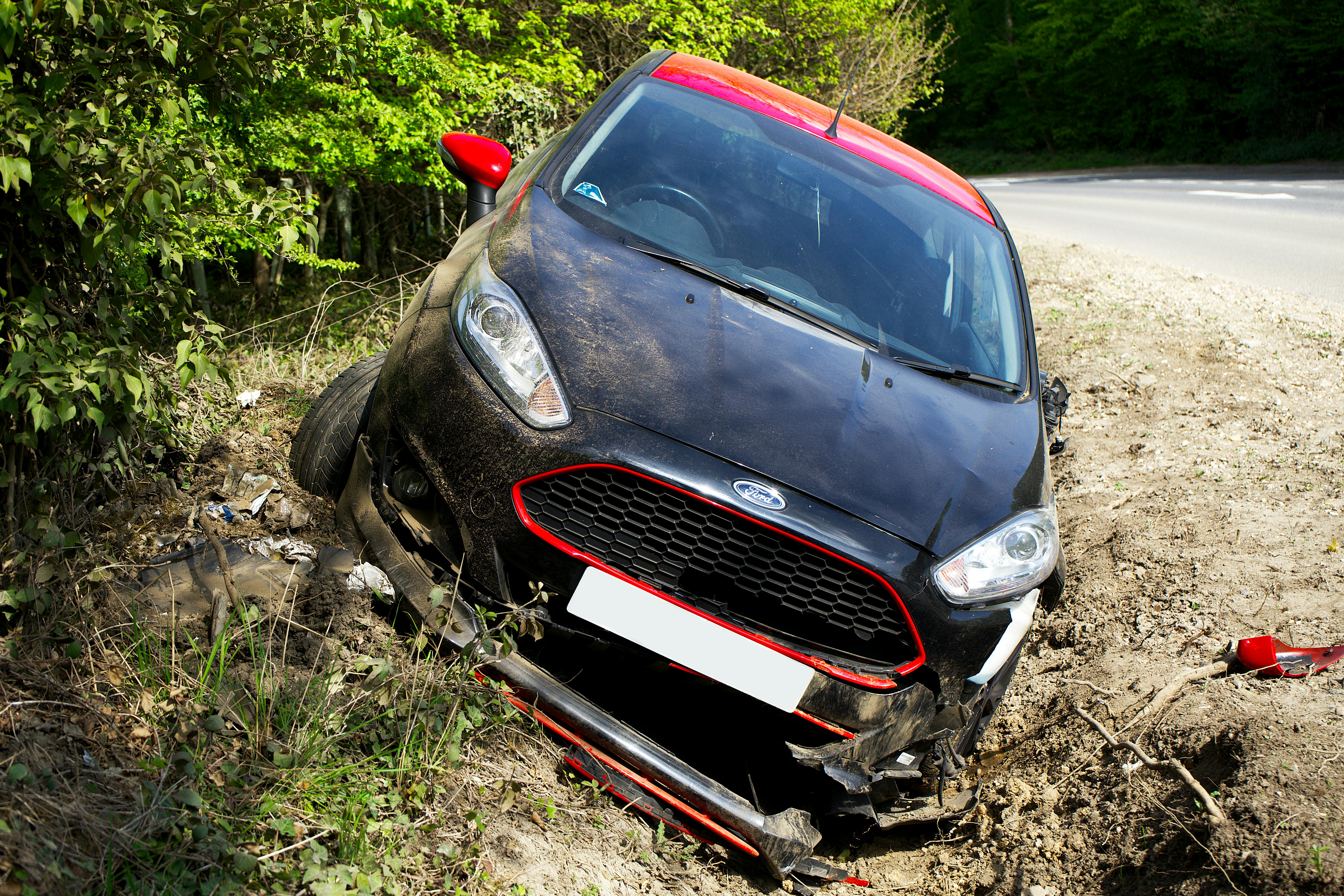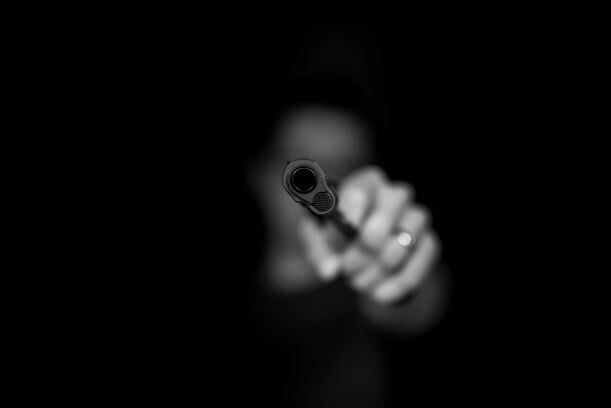The holiday season is upon us and with it the spectre of some horrendous vehicle crashes and unnecessary road fatalities and, while thinking about being involved in a crash on your way to or from the holiday destination is not something you really want to do – you need to do it.
With the usual fanfare and promises, the annual safer driving programme has been announced by the Minister of Transport but this, in itself, is meaningless unless you, as the driver, actively participate in trying to make our roads safer.
Should you be involved in a crash, here are 10 steps to take as compiled by MasterDrive:

Need a new car fast - CHANGECARS
1. Stay Calm
It is important to maintain composure, especially if the other driver is angry about the incident.
2. Call Emergency Services
Call Emergency Services even if it appears nobody was hurt in the incident. Prioritise safety and wait for professional help.
3. Move the Vehicles
In minor accidents with no serious injuries, move the vehicles to the side of the road. If immovable, turn on the hazards and, if safe to do so, stay inside. If obstructing traffic, exit the vehicle and move to safety.
4. Contact the Police
Report the incident to the Police as it is essential for insurance claims.
5. Photograph and Document the Accident
Take photos to document the scene – including licence plates, licence disc and driver’s licence. Make a note of crucial information including time, date, specific location, weather conditions and the full details of the involved parties.
6. Contact Vehicle Towing Service
Contact a towing service authorised by your insurance. If you do not have insurance, take the name, contact details and registration of the driver and the tow vehicle – and get the address to which your vehicle is being towed.
7. Contact Your Employer
If you are driving a company vehicle, contact your employer and ensure you follow company fleet policy for reporting accidents.
8. Stop
Never leave the scene of a crash before exchanging details with the other driver(s) and speaking to the police.
9. Be Prepared for an Accident
Be sure to have an emergency kit with essentials such as emergency triangle, first-aid kit and basic tools.
10. Offer help Responsibly
If you arrive at an accident scene, avoid parking behind the incident. Assess injuries and ensure your vehicle does not block the traffic.
Be Alert and Aware

Awareness of surroundings is one of the best ways to protect yourself wherever you reside.
The CEO of MasterDrive, Eugene Herbert, expands: “Being on your cellphone, adjusting the radio or infotainment system or even just daydreaming automatically makes you a target. At intersections, criminals scout for easy targets. Paying attention to people alongside the road and to your surroundings makes you less of a target.
“Anticipate the conditions ahead to try to avoid coming to a complete stop. If a traffic light is red, immediately start slowing down and gradually approach and only start picking up speed again once it turns green. This way, you are not a standing target.
“Loadshedding and broken traffic lights can make this more difficult but there are still measures to take even if you are forced to come to a complete stop. Firstly, never block yourself in. There should be enough room ahead of you, in particular, but also ideally on either side and behind you so if you see someone suspicious approaching, you have room for evasive action.”
Are there foolproof ways to protect yourself?
“Yes - put your possessions in the boot and your phone out of sight. During the awareness campaign, it was noted drivers still have handbags and other valuable possessions clearly visible. Do not be an unaware motorist with a guaranteed reward for criminals.
“Even placing shopping bags, non-valuable items or throwing your jacket onto the backseat, creates opportunities. Put everything in the boot and valuable items in closable storage compartments. Hiding handbags under the seat is still risky and even key fobs shouldn’t be visible.”
It is an unfortunate reality that stopping at intersections has risks to your safety. Do not make yourself a target if there are steps you can take to remove your appeal as a potential victim.
A recent ENCA video warns motorists of a new way in which criminals are targeting motorists. As we head into the Festive Season, it is important to be aware of these and to not forget all that you already know about vehicle crimes.

There are two new ways of falling victim to criminals at petrol stations. In the first women are targeted by other females who ask for help contacting their husbands after a robbery. When the husband cannot be contacted the driver gives the lady a lift after which she is stopped by another two criminals and is driven to ATMs to withdraw cash.
In the second, males are targeted when a schoolgirl climbs unexpectedly into his vehicle, after which a police officer appears at his window (it is unclear if he is a real officer or not). When he enquires what is going on the girl claims she was assaulted. After this, the police officer solicits a R3 000 bribe to ‘make it all go away.’
Herbert, says the natural desire to help others is used against drivers. “One can still help but more cautiously. Assist the woman by calling the police for her. Never allow a stranger into your car. You can still help others without risking your own safety.
“In the second scenario, the driver does not invite the girl into the car, the doors should be locked. If your car does not automatically lock the doors, develop a habit of locking it immediately upon entering. This will protect you against criminals at traffic lights or filling stations. If you unlock your doors to open the petrol flap, immediately lock them afterwards.”
Awareness remains one of the best defences. “When you offer to call the police for the woman and she walks away, still call the police to prevent another becoming her target. Before unlocking doors at a petrol station, look around for suspicious people, including schoolgirls, loitering close by.
“The ENCA video noted it is difficult to determine the extent of the crime with males as it is often unreported. While it will be difficult to change this, we emphasise that you do. Both scenarios should be reported because if law enforcement is not aware of hot spots and the crime’s common occurrence, measures cannot be taken to reduce it.”

The Festive Season also heralds more crime in parking lots at malls. “Reverse park so that a quick and safe exit in an emergency is possible. Keep a watchful eye for anyone following you and should you feel in danger ask security to walk you to your car.
“Have car keys in your hand before leaving the mall and put parcels in the boot quickly without fuss. Don’t spend time scratching through bags for something. Do not let your guard down, especially during the Festive Season.”
Colin Windell - proudly CHANGECARS












